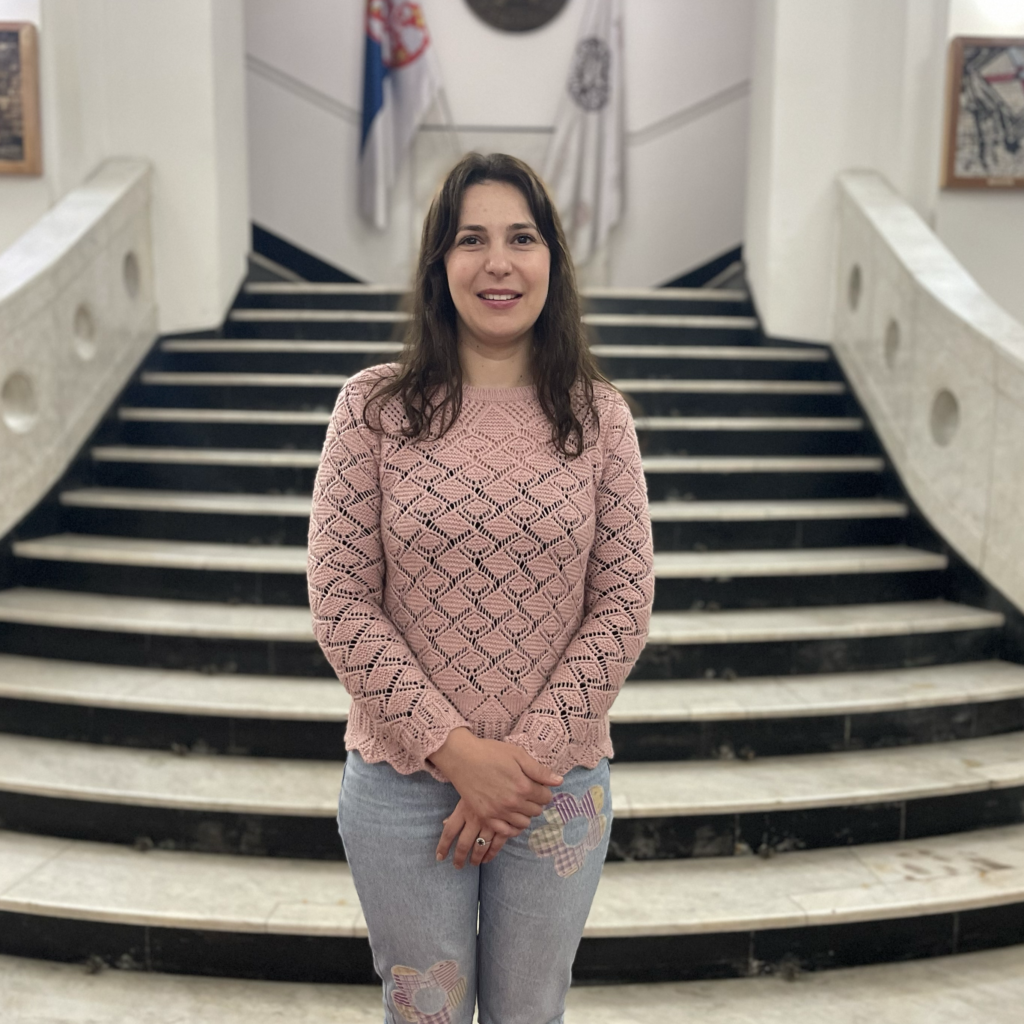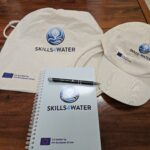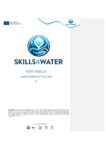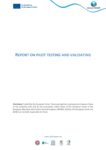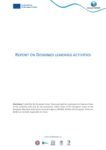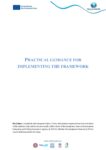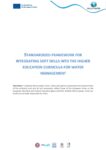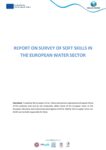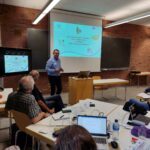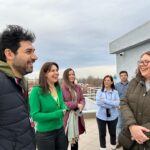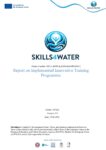Ira Simionov from Romania is part of the 7th group of the European Junior Water Programme (EJWP). She is sharing her expertise and insights in water quality and technology with Water News Europe. Ira emphasizes innovation and collaboration within the water sector. “My work is deeply focused on applying virtual sensors through machine learning algorithms for water quality monitoring.”
What is your current work position?
“My current position is as an Assistant Professor at the University of ‘Lower Danube’ from Galati – Romania within the Aquaculture Group at the Faculty of Food Science and Engineering. I am head of the Water Quality Control Laboratory within the UGAL MoRAS Research Center.”
Can you describe one of your work days?
“A typical day for me involves a combination of research activities, laboratory oversight, and academic responsibilities. I coordinate various research projects, supervise experiments in the Water Quality Control Laboratory, analyze data on water quality using innovative techniques, and contribute to the academic community through teaching and mentoring students. My work is deeply focused on applying virtual sensors through machine learning algorithms for water quality monitoring and exploring automated control systems for wastewater treatment processes.”
What do you consider the most interesting part of your job?
“The most interesting part of my job is the opportunity to work on the cutting edge of environmental science, particularly in applying innovative techniques such as machine learning algorithms for water quality monitoring and intelligent visual recognition techniques for optimizing aquaculture systems. The complexity and impact of these technologies in addressing environmental challenges are profoundly fulfilling aspects of my work.”
What is a topic that you see as increasingly important in the water sector?
“I believe that the water sector is currently facing difficulties due to uncontrolled phenomena such as climate change which impacts biodiversity, water treatment efficiency, water availability, and increased pollutant toxicity.”
What do you expect from international cooperation?
“Through international cooperation, I expect to engage in fruitful collaborations that broaden our collective understanding and implementation of advanced water treatment and monitoring technologies. Such cooperation is vital for sharing knowledge, leveraging diverse expertise, and fostering innovative solutions to global water challenges.”
Why are you joining EJWP?
“I became aware of EJWP because people in my research network have been previously part of the programme. The need to face and efficiently approach complex situations daily has sparked my interest in joining EJWP.”
What and where did you study?
“I pursued my doctoral and postdoctoral studies focusing on monitoring water quality by utilizing innovative techniques, such as virtual sensors through machine learning algorithms. I am currently working towards my second PhD in system engineering, focusing on the automated control of bioprocesses in wastewater treatment facilities, at UGAL, within the Faculty of Food Science and Engineering, specifically the Aquaculture Department.”


